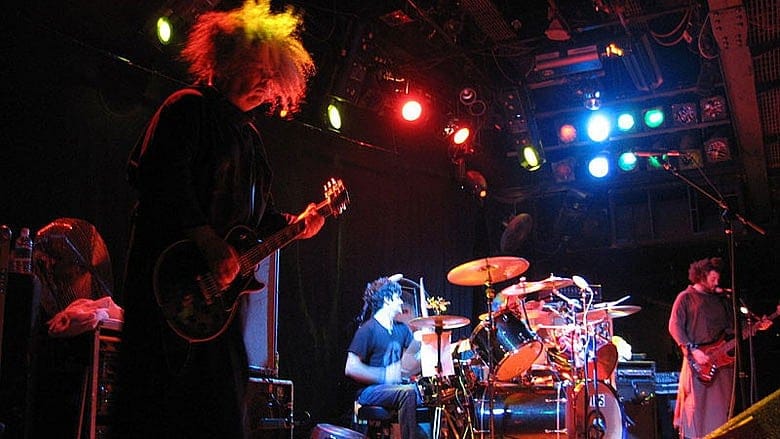From punk came sludge: Scaled back in tempo, not in force

Punk exploded onto the music scene in the late '70s with bands like the Sex Pistols, the Ramones, and the Clash, but by the mid-80s these bands were beginning to move away from their early loud, fast and abrasive sound, and began to incorporate either more complex songwriting or fully embrace their pop leanings. From this vacuum, hardcore punk emerged, a new style, one even faster, angrier and more aggressive. One of the earliest hardcore punk bands was Black Flag, but by the mid-80s they too had begun to expand and evolve, and with their second full length album, My War, they had created a new genre altogether: sludge. Filled with abnormal chord progressions and a slower, more produced rhythm, Black Flag slowed their punk songs down the same way Black Sabbath had slowed down the blues to create heavy metal. Black Flag's "Nothing Left Inside," with its grinding guitars and slow drums, sounds almost primal. This dirty sound was quickly named sludge, and it angered many of Black Flag's fans who wanted more of the same fast, simple hardcore punk. Black Flag's albums would continue to explore this new style, much to the disappointment of most of their fans, but to some this new sound was revolutionary and inspirational.
Despite Black Flag's early experimentation with the genre, sludge wasn't truly codified until the Melvins from Washington state put out their first releases. Six Songs in 1986 and Gluey Porch Treatments in 1987 are the first true sludge records. Sludge, like funk, is named after the almost indefinable but instantly recognizable sound. Melvins took the slowness and lowness of doom metal, but played it with the aggression and attitude of hardcore punk. Although these records weren't bestsellers, they became highly influential to those who heard them, particularly the early grunge artists that were beginning to emerge in Washington in the late '80s. Nirvana's first album, Bleach, even features Melvins drummer Dale Crover on three songs. The success of grunge resulted in Melvins getting signed by Atlantic Records, a major label which brought their music to a much larger audience across the country.

